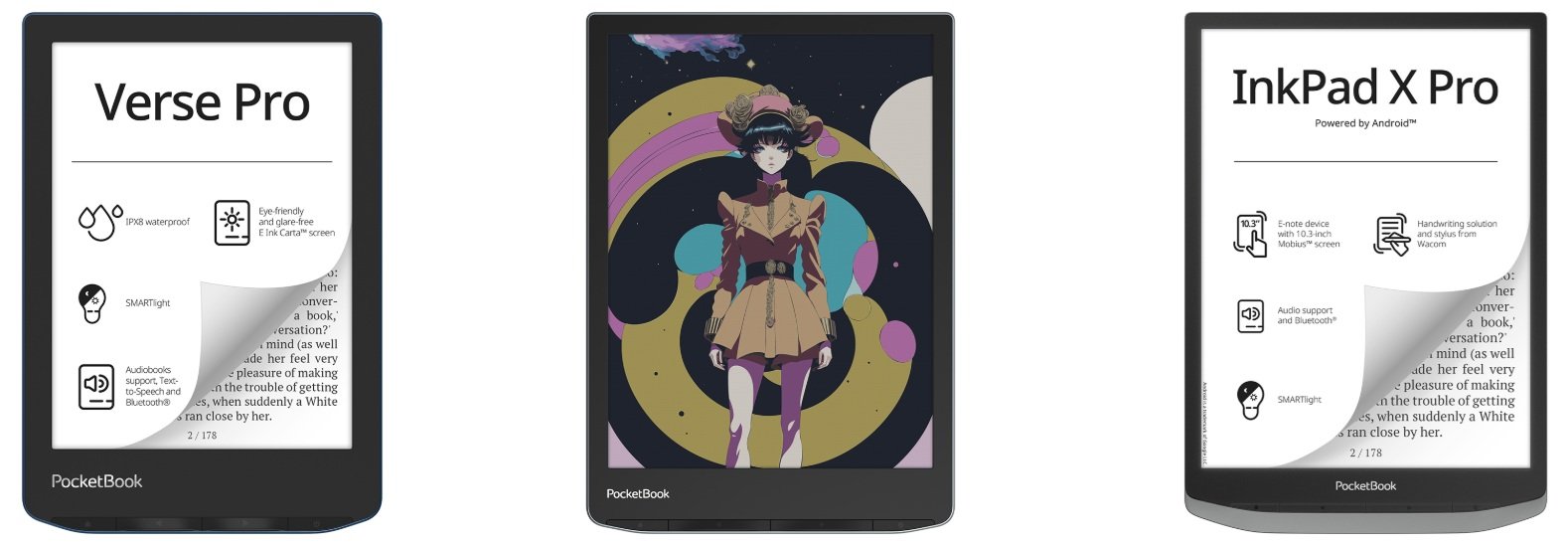
Pocketbook is not allowed to distribute its e-readers in France. Here’s an explanation of this exceptional situation for the e-reader brand.
This situation dates back to 2016. Pocketbook decided to market its e-readers in France to compete with brands like Kindle, Kobo, and Bookeen (a French e-reader brand).
However, this move didn't sit well with the book publisher Pocket, a French company specializing in pocket-sized books.
The dispute between the two companies was taken to the French courts, and the verdict was delivered in February 2017 in France: the brand Pocket won its case.
The pocket-sized book publisher thus triumphed in the battle against the e-reader manufacturer Pocketbook.
Since that day, Pocketbook has no longer been allowed to use that brand in France, as the court decided it conflicted with Pocket's trademark.
The reason given is simple: according to the justice system, there is a risk of confusion. Consumers might think that Pocketbook is associated with the publisher Pocket, which is already well established in France and in the minds of readers. Since 2017, the Pocketbook brand cannot be used in France!
The Pocket brand, which belongs to the Univers Poche group (Editis), was therefore victorious.
Pocketbook had already anticipated this decision by forming a partnership with the French company The Ebook Alternative (TEA) for the distribution of its e-readers.
Today, TEA still operates under the Vivlio brand and continues to offer Vivlio e-readers to French readers.
This story is one of many examples of France's protectionist nature regarding its print book industry.
France is one of the developed countries with the lowest market shares for e-book reading in the world.
As of 2023, e-book sales represented barely 10% of the industry's revenue in France, compared to around 20% in the USA – to name just that country.
Source: https://www.liseuses.net/pocketbook-contre-pocket-le-verdict/
If you liked this article, consider sharing this page on social network or to someone that could benefit from the information.








